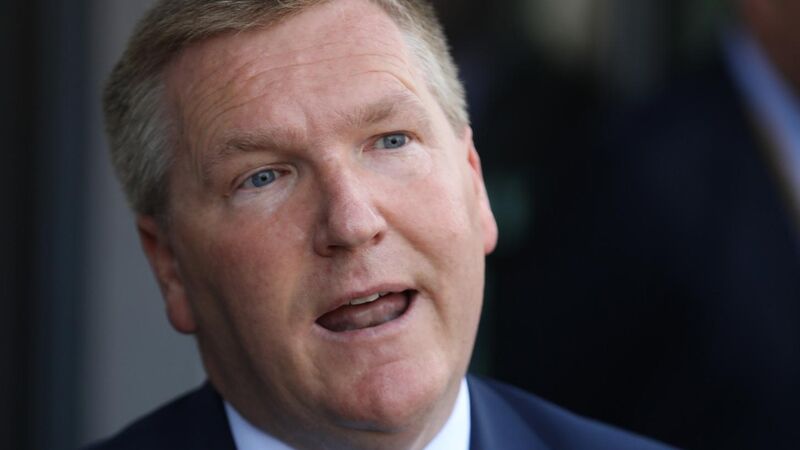Senior public servants earning more than €150k to receive 10% to 15% pay restoration

Minister for Public Expendenture and Reform, Michael McGrath. Picture: Sasko Lazarov/RollingNews.ie
The country’s highest paid public servants are to have their pay rates restored after they were cut during the financial crisis more than a decade ago.
The pay restoration due to start from next week is the last round of the unwinding of pay cuts imposed on public servants during the financial crisis.











